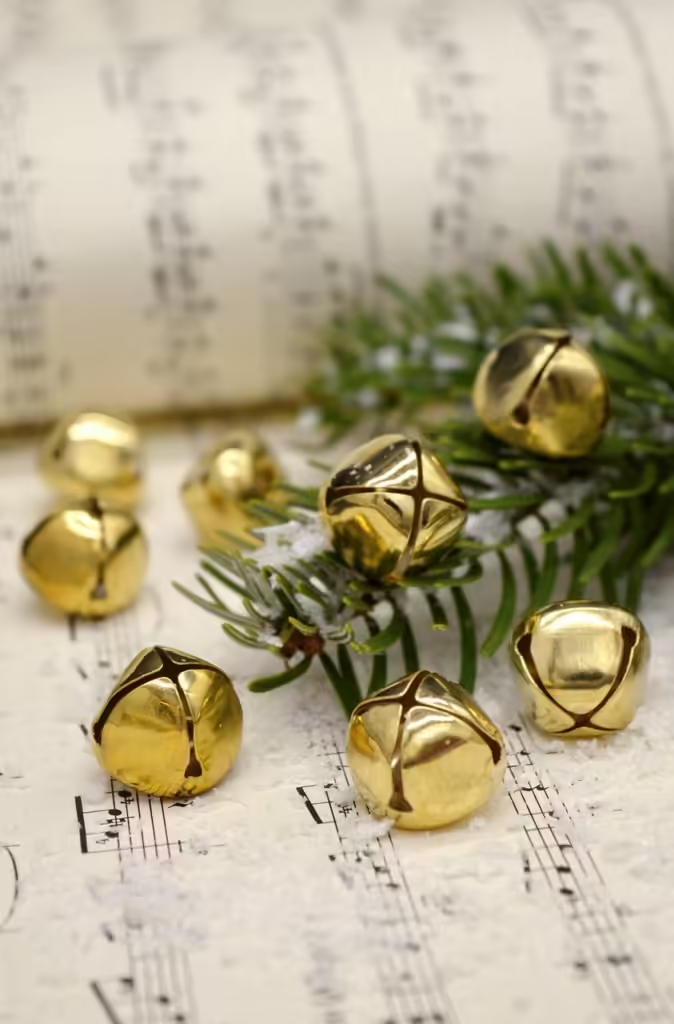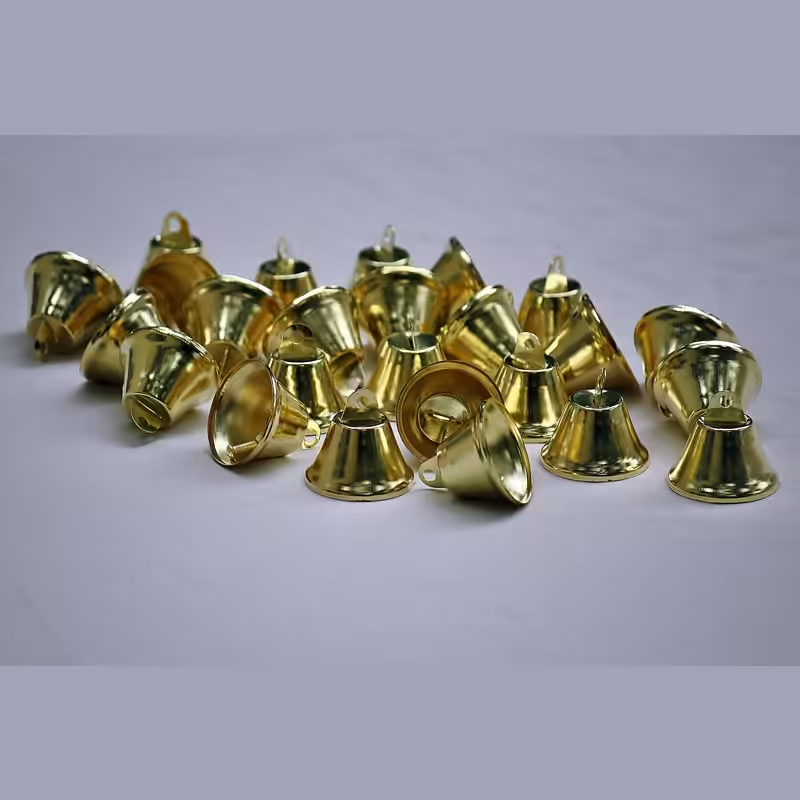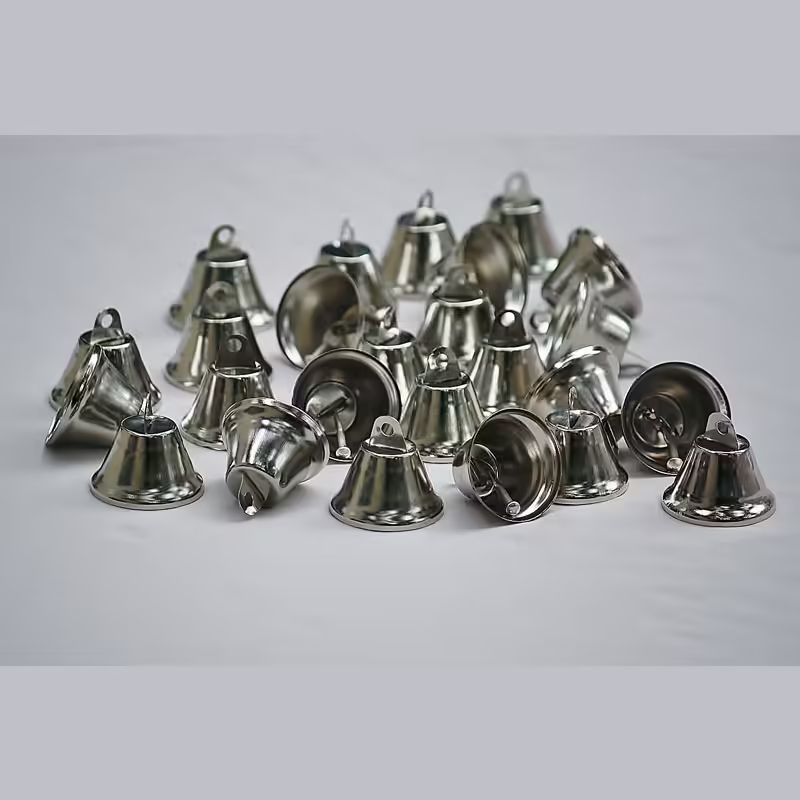The tradition of using bells during Christmas began in the early Christian era. Churches rang bells to summon people for services celebrating the birth of Christ. Over time, these bells took on a more festive role, becoming a central part of Christmas celebrations. Their joyful ringing proclaimed Christ’s birth and spread messages of peace and goodwill.
Historical Fact: Adrian Hastings, in The Oxford Companion to Christian Thought, explains that Christians have incorporated bells into rituals since the 5th century. Many believed the sound of bells could ward off evil spirits, bringing protection and blessings.
In various cultures, people viewed bells as symbols of good luck. They believed the sound of bells could chase away darkness and bring joy, which is why bells became popular decorations on trees, wreaths, and in homes.
Christmas Bells in Modern Celebrations
Today, bells remain an essential part of holiday traditions. People decorate Christmas trees, wreaths, and garlands with bells, adding festive charm. The sound of bells—whether from small jingle bells or grand church bells—creates a cheerful atmosphere, evoking joyful holiday gatherings.
Jingle bells, one of the most popular holiday bell types, bring a cheerful tone to Christmas celebrations. These hand-held bells appear in carols, parades, and even on Santa’s sleigh, spreading joy and festive cheer.
Expert Insight: Dr. Jane Smith, a historian at the University of Christmas Studies, notes, “Jingle bells have been part of Christmas traditions since the 19th century. Originally, they adorned horse-drawn sleighs, spreading cheer during the winter months.”
Why Bells Are a Symbol of Christmas
Bells represent much more than festive decoration; they carry deep symbolism. Their joyful ringing heralds the arrival of Christmas and the birth of Christ, spreading messages of peace and unity. Bells also remind us of the goodwill and togetherness central to the holiday season.
In addition to their symbolic value, bells are often associated with good luck and prosperity. Many cultures believe their sound drives away evil spirits and welcomes a year of peace and abundance. For this reason, people often hang bells on doorways or place them on Christmas trees, combining festive decoration with protective symbolism.
Fun Fact: In some European countries, families ring bells on New Year’s Eve to ward off bad luck and ensure a fresh start for the coming year.










